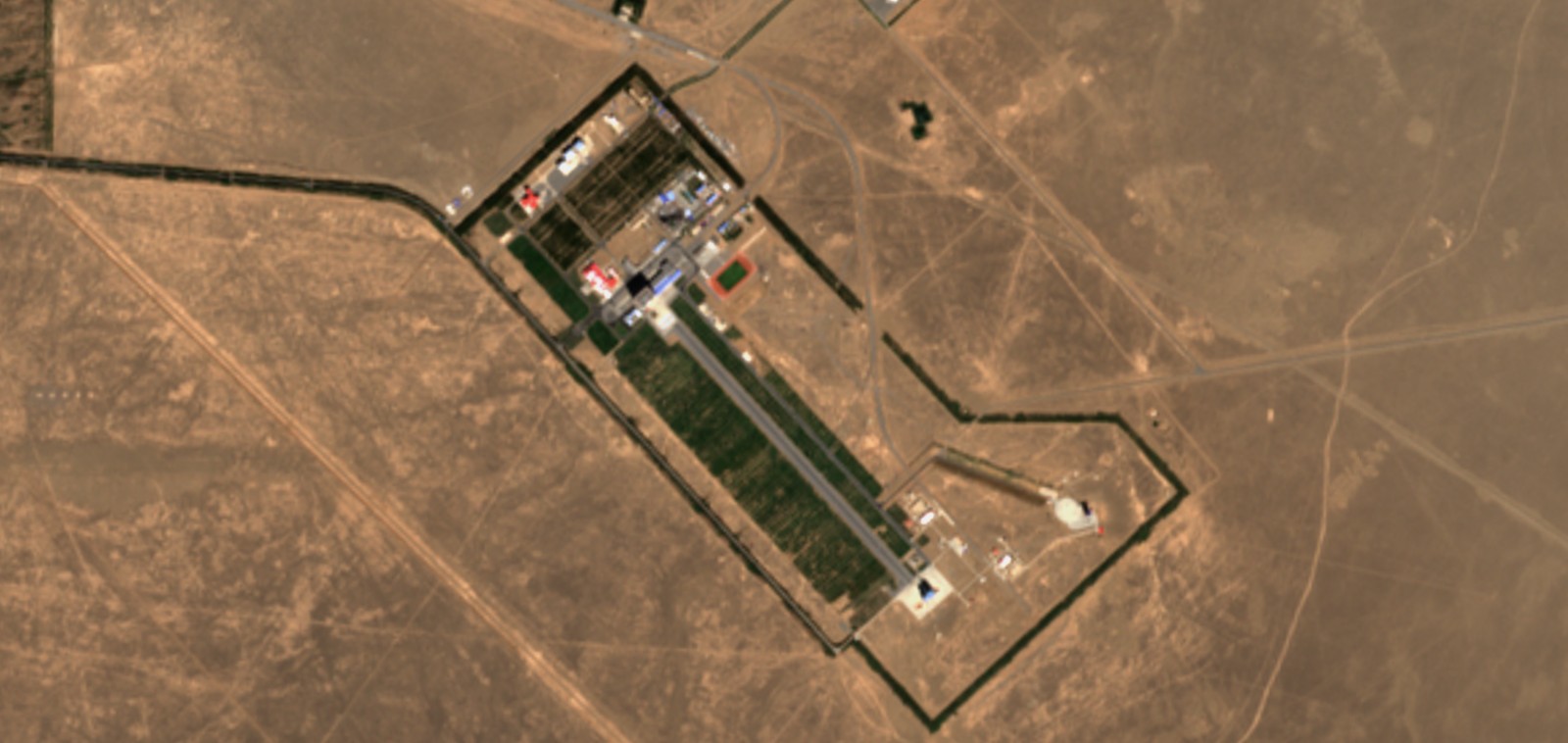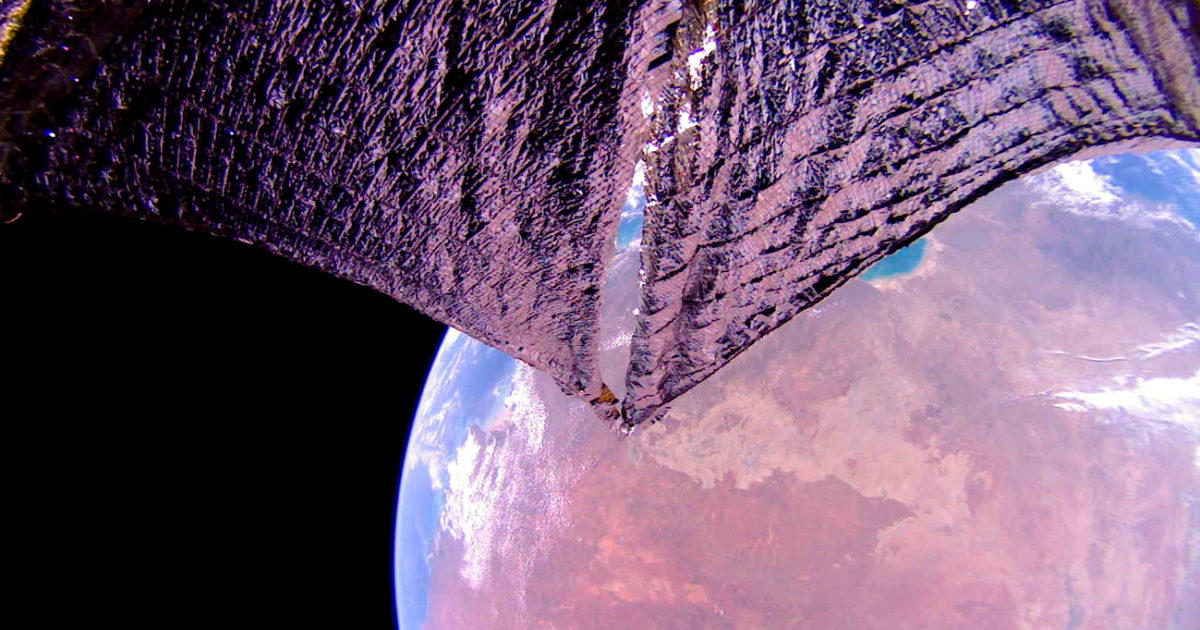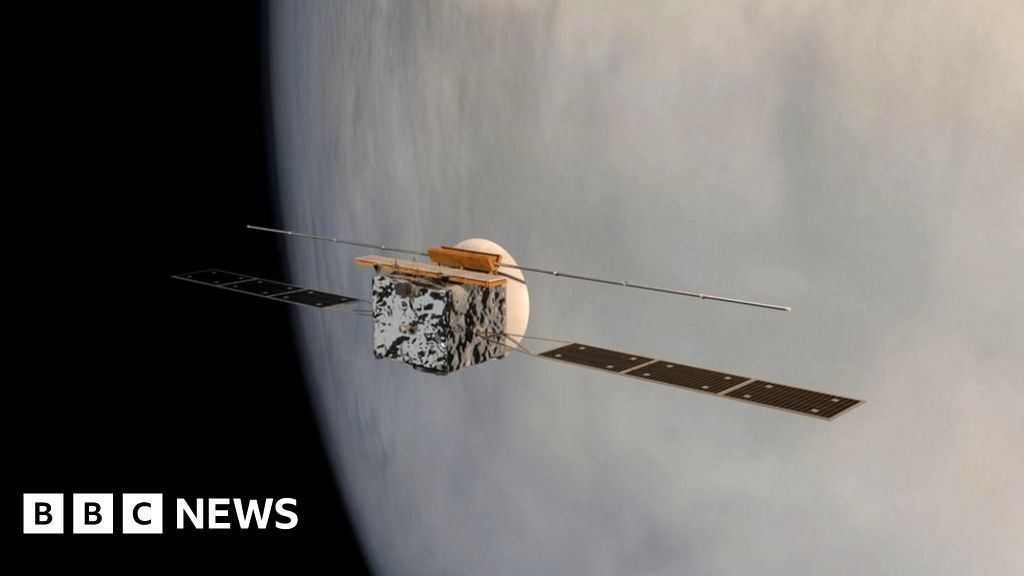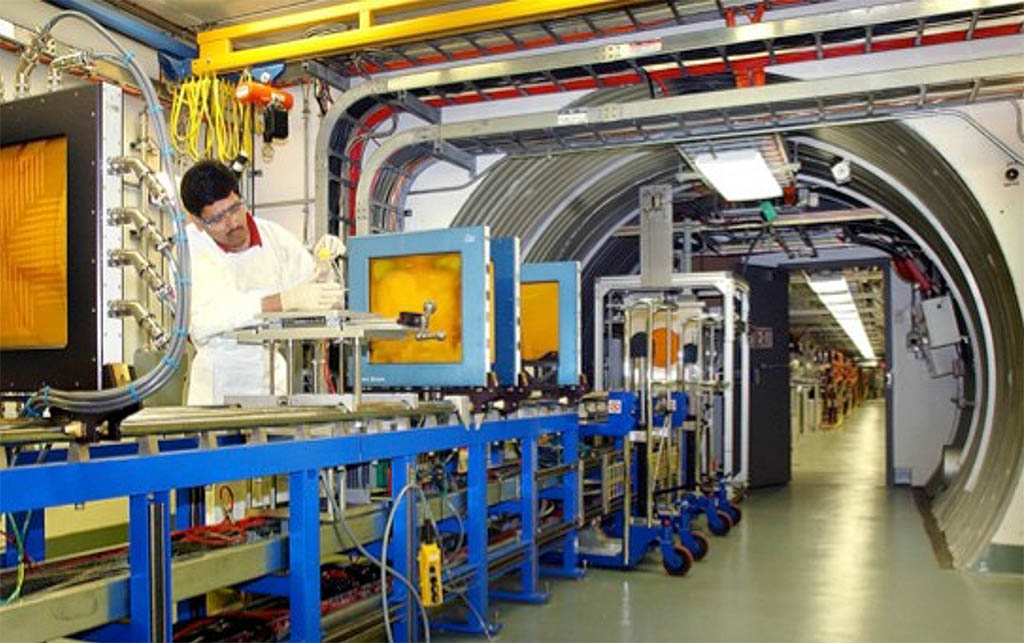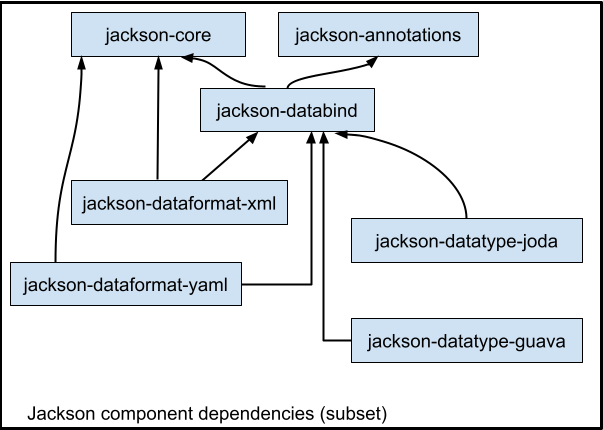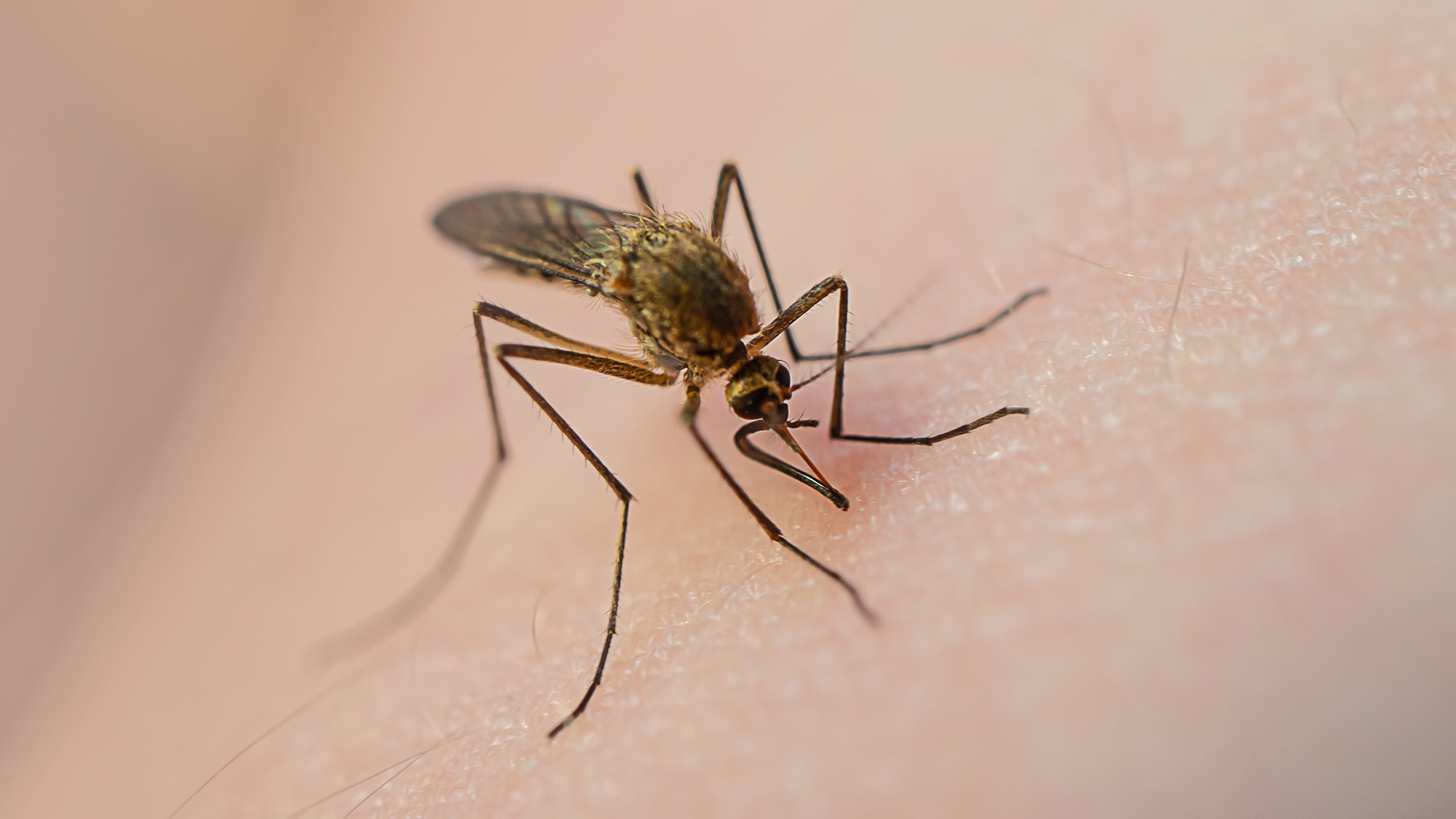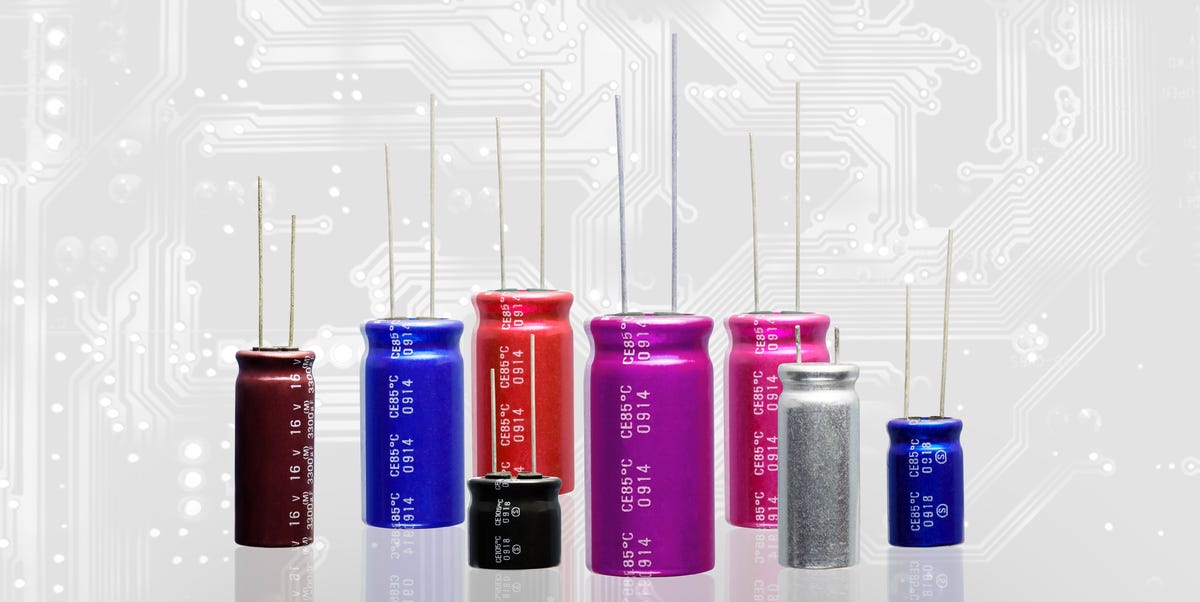
On-demand nutrient production system for long-duration space missions
This article has been reviewed according to Science X's editorial process and policies. Editors have highlighted the following attributes while ensuring the content's credibility:
When astronauts embark on long space missions, they'll need to grow their own food because pre-packaged meals from Earth lose their nutritional value over time. The BioNutrients project at Ames Research Center's Space Biosciences Division has solved this problem by using genetic engineering to create microbially-based food that can produce nutrients and compounds, such as medicines, with minimal resources.
The process involves storing dried microbes and food-grade media in small bioreactors, which can be rehydrated and grown years later. The project has already produced carotenoids for antioxidants, follistatin for muscle loss, and yogurt and kefir for a healthy gut biome.
Two different engineered baker's yeasts were cultured in the BioNutrients-1 (BN-1) Gen-0 bioreactors, producing beta-carotene and zeaxanthin, and their ambient shelf life on the International Space Station (ISS) has now been demonstrated out to 3.9 years. Four additional organism types and products were flown on BioNutrients-2 (BN-2), demonstrating the production of carotenoids, follistatin, yogurt, and kefir products in the Gen-1 bioreactors which have a 91% reduced mass and a flat pack design.
